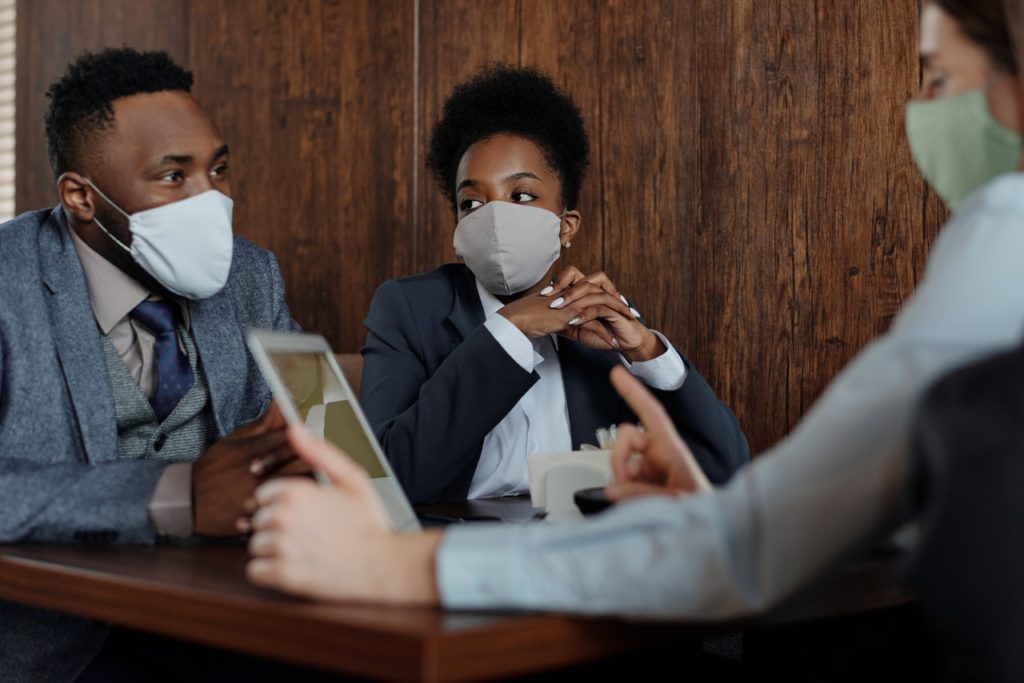The pandemic has been here for more than a year, and a lot of changes have already been felt. Like acts and resolutions being passed into law, some things that happened during the pandemic may become the norm. And this includes the practice of law, like the use of Zoom and telephonic meetings for family law cases
During public health crises, the concept of the law may be overlooked by people that want to exploit the situation. Some people may be out looking for trouble or some may want to take advantage of the uncertainty of the time. Fortunately, lawmakers can pass laws to keep the peace.
Some policies and regulations are also set to ensure faster delivery of essential services. These may even help the U.S. Department of Health and Human Services (HHS) act faster in certain situations.
The Public Health Service Act
The Public Health Service (PHS) Act helps the HHS respond to different public emergencies like, for instance, the current pandemic. It authorizes the HHS secretary to move in and act, like take the lead in federal public health and medical response.
The law also enables the secretary to declare a public health emergency and to assist different states in these emergencies. The Strategic National Stockpile access also falls under this law, so that the secretary can have more in their disposal to combat the health emergency.
Declarations Issued by the Government
There are a lot of things the secretary of the HHS can do, but the authority to declare an emergency rests on the President. The HHS secretary may then confirm that an emergency exists. For instance, a disease or disorder that necessitates a public emergency like influenza, or any other outbreaks of a deadly virus — these are when the secretary can act.
When the section 319 declaration happens, the secretary can make actions like approve grants or contracts and conduct investigations into the virus, including the cause, treatment, or prevention hereof of transmission. They may also modify certain portions of requirements for healthcare augments including Medicare, Medicaid, or the Children’s Health Insurance Program, or CHIP.

On Isolating and Keeping Patients in Quarantine
The HHS secretary is also authorized to prevent the entry and spread of communicable diseases under PHS Act section 361. This means they can order barring the entry of any country where a disease such as that described above is present in the U.S.A.
The authority for this is delegated to a sole authority daily. The Centers for Disease Control and Prevention (CDC), Division of Global Migration and Quarantine helps the secretary maintain the influx of people coming from countries where the disease may be currently wreaking havoc.
On Some Payments that can be Skipped During an Emergency
If the pandemic continues, people will have trouble coming back to work. Lockdowns are authorized mostly and most have bills to pay. Some bills cannot be forced onto a renter in such cases as the current pandemic since it’s mandated by law.
Mortgage, rent, student loans and credit card bills belong to the payments that cannot be forced. For some, like credit card bills, clients can review bank statements and see if the card company offers some sort of relief on the payments. They can also go through the state or federal programs, which may provide additional relief in case people cannot make their payments.
On Banking Fees
Banks are also mandated by law to waive and refund their fees. Everyone is trying to survive, but the financial sector still has to charge fees, like overdraft or account maintenance fees. Citizens that are experiencing financial hardship, however, cannot be forced to pay these fees.
People can call their banks and ask about their options for payments. Some banks may have options to reduce fees. Monitor your accounts and watch out for signs that they’re being charged. If they are, that’s a sign that you should investigate different relief options that your bank may offer.
The current pandemic is a surprise for many, and the laws written for this may not apply to it in some cases. Know your options and consult people who know which rules may apply and which may not. Watch the news regularly to know what’s happening currently and where the country is with the current pandemic. Although the end to the pandemic may be far away, you can at least take control of your financial situation.


